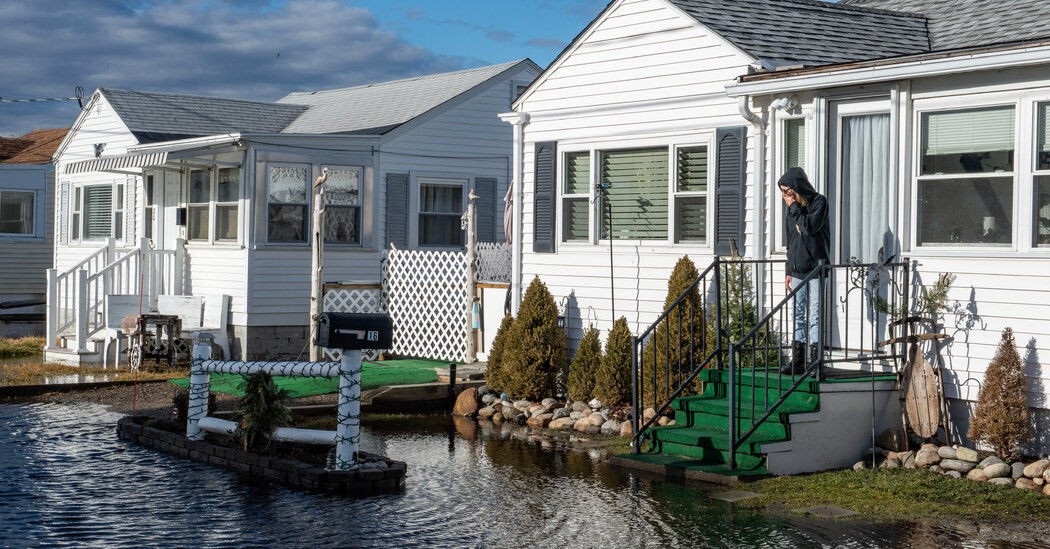- cross-posted to:
- earthscience@mander.xyz
- climate@slrpnk.net
- cross-posted to:
- earthscience@mander.xyz
- climate@slrpnk.net
As a climate scientist documenting the multi-trillion-dollar price tag of the climate disasters shocking economies and destroying lives, I sometimes field requests from strategic consultants, financial investment analysts and reinsurers looking for climate data, analysis and computer code.
Often, they want to chat about my findings or have me draw out the implications for their businesses, like the time a risk analyst from BlackRock, the world’s largest asset manager, asked me to help with research on what the current El Niño, a cyclical climate pattern, means for financial markets.
These requests make sense: People and companies want to adapt to the climate risks they face from global warming. But these inquiries are also part of the wider commodification of climate science. Venture capitalists are injecting hundreds of millions of dollars into climate intelligence as they build out a rapidly growing business of climate analytics — the data, risk models, tailored analyses and insights people and institutions need to understand and respond to climate risks.
I point companies to our freely available data and code at the Dartmouth Climate Modeling and Impacts Group, which I run, but turn down additional requests for customized assessments. I regard climate information as a public good and fear contributing to a world in which information about the unfolding risks of droughts, floods, wildfires, extreme heat and rising seas are hidden behind paywalls. People and companies who can afford private risk assessments will rent, buy and establish homes and businesses in safer places than the billions of others who can’t, compounding disadvantage and leaving the most vulnerable among us exposed.


